Breaking free from the capitalist mindset
Old attitudes have persisted through retirement
"It is wrong to suppose that if you can’t measure it, you can’t manage it - a costly myth."
— W. Edwards Deming
One of the luxuries of retirement is the ability just to wake up and enjoy a walk. Yesterday morning, I took a three-hour walk through Forest Park here in Portland.
Of course, I am also guilty of somehow turning what should be a relaxing, enjoyable experience into a ‘Walking Workout Record” as measured by Apple Fitness.
Even in retirement, I often find myself trapped in the capitalist mindset of constantly measuring my actions, tracking progress, and striving to improve them. This walk just wasn’t a nice time in the park. When I realized it might be a record, I went for it! (It was not a distance record, but a calories burned record because of the elevation change!)
I’ve been retired for seven years now, but it’s just become increasingly obvious to me that so many things in my day-to-day life, even outside the workplace, seem to come with some kind of measurement, progress report, and improvement plan. With today’s post, I want to dive into how the capitalist mindset crept its way into my retirement and how I am working to break myself free of it!
Looking beyond metrics
When I was working, there were clear metrics around company health (earnings and growth), sales (win/loss, sales cycle, average deal size), marketing (lead counts, customer acquisition cost), development (delivery velocity, defect rate), product management (NPS, feature adoption rate), and operations (uptime, costs). Measuring and reporting on all these things served as a basis for us as managers to improve.
I suppose this habit just carried into my life outside of work. Even without the corporate pressure, I still had a bunch of health reasons to measure the variables I can manage (blood sugar, blood pressure, and sleep). Thanks to the corresponding iPhone apps for my blood glucose meter, blood pressure meter, and CPAP (for sleep apnea), these metrics are reported to me regularly.
However, with chronic disease progression, even careful management on a day-to-day basis is often just not enough. In my case, despite that these numbers generally fall within range daily, my kidney function continues to decline, as demonstrated by a pretty consistent downward trend of my eGFR (yet another metric!).
My nephrologist has communicated clearly that I will very likely hit end-stage renal failure. Still, he has also advocated in the very short term that I see beyond the numbers. Symptoms may reflect the actual level of function in my kidneys better than the numbers. In particular, he asked me to report on fatigue or loss of appetite, which don’t have corresponding metrics. For this phase in my healthcare journey, the numbers are important, but they are not everything.
Rewards shouldn’t be necessary
I started this post reflecting on the walk I took yesterday morning. Still, I must keep reminding myself that the walk “counts” even without any sort of reward or tracking. Even with these reminders to myself, I have been getting bummed out that my Apple Watch is old and frequently runs out of battery, losing“credit” for my activities. (I have been resisting a battery replacement, waiting for the September announcement of 2025 Apple Watch models.)
Why do I seek the “credit”? I suppose the whole thing started in school when we got diplomas. When we start work, management issues awards. When we are in management, we get awards for financial transactions (e.g., IPOs, mergers, etc.) Even though I threw away most of this stuff over the years, I still keep a shelf with some of this stuff in it.
And, just like at work, so many things in our personal lives come with rewards. The one that hits me every day is the Apple Watch “close your rings!”
However, beyond exercise, these rewards just seem to hit my online life, too. I just wrote about our trip to Dubrovnik, and TripAdvisor has given me badges for leaving reviews. I enjoy reading reviews, so I left some myself in exchange.
I’m retired, and Google just recognized me for my consulting business website (hillwork.us), getting 50 clicks from Google searches. This felt a little random to me, as I’m not pitching my business right now!
However, the thing I need to keep reminding myself is that the enjoyment of the walk is going outside, staying active is important even if my watch battery is dead, that sharing travel experiences is fun, and that I shouldn’t feel good about random Internet activity that I did nothing to generate.
I reminisce about doing stuff as a kid without rewards. Going out and shooting baskets after school, I never tried to count the baskets or track my shooting percentage. Riding my bike, I never worried about a cycle computer or Strava. When not biking, I walked everywhere, and there were no step counts!
Right now, I am working on reprogramming myself from life as a capitalist. Rewards are motivational, for sure, but I am seeking the motivation now to experience enjoyment, rather than a fixation on “beating the numbers.”
Even this Substack is measured
The irony here is that now even my journaling now exists within a measuring system. Substack provides detailed analytics of open rates, views, and even traffic by source.
Marsha knows I look at these numbers in the app more than I care to admit. Is this post doing as well as the average posts? What topics generate the most interest? The good news is the readership (and sometimes the lack thereof) among subscribers is pretty consistent, so I don’t get much variance month-to-month from my Substack, where the subscribers are mostly friends and colleagues.
However, Medium has proven much more hardcore, and it feeds into capitalist tendencies. For sure, I think the editors and the metrics were improving my writing. The trick is that, unlike Substack, where distribution is driven by subscriptions, Medium views are largely driven by the performance of the articles against the algorithm (“Reads” versus “Views”). Either way, the money was insignificant, but it was a way of keeping “score.” Still, I didn’t like what it was doing to my psyche in retirement, so I’ve paused on posting to that platform for the time being.
I’d like to keep improving at journaling, but I’d like to keep it loose and not so algorithmic. I’ve so appreciated all the comments and notes that people share with me, and I don’t want to make this experience about numbers. (I am also still considering the podcast idea!)
Perhaps the most insidious aspect of these measurement systems is that they sort of make everything like work. Even in retirement, it’s not lost on me that this Substack journal is in some ways giving a “progress report” on my experiences.
The writing itself serves as a way for me to process all of these thoughts for myself. However, I also wonder if I am inadvertently succumbing to a tendency to turn everything into a project. For example, over the weekend, when cleaning out old stuff, I had to develop an algorithm for which photos to throw away and document the results. It’s hard for me to know how much of this process results from a business or capitalist tendency versus how much of it just stems from my personality. Is every activity a potential case study in self-improvement, or am I enjoying life?
Freedom to just “be”
I get that I don’t need to reject all structure or goals. I just need to prioritize the value of things that can’t be measured. Time with old friends is a good example. Or even geeking out watching YouTube without having anything to report on after watching it.
I think my capitalist conditioning can make me feel like I should be continually trying to accomplish something or improve myself on some metric. At the same time, I’m recognizing that being truly retired allows me to just “be” without necessarily having anything to show for the time!
This realization doesn't mean that I’m becoming lazy or disengaged. If anything, I find myself more genuinely engaged when I don’t feel like I need to show anything for it. For example, I think I enjoy learning about world issues for the sake of exploring history, not because I’m trying to phrase the issue or viewpoint correctly when preparing a call to my legislator! (I just did this regarding the War Powers Resolution.) Even when going for a walk, I like the ability to stop and look at something like a lizard without worrying about whether I properly “paused” the workout. I cherish the 4-hour phone conversations I’ve been having every month with an old college friend, and we don’t leave with anything to show for it!
This has been my journey. I've written before about how I’ve been answering the question “what do you do in retirement?”.
The answer?
“Dicking around.”
I don’t have a metric for that!




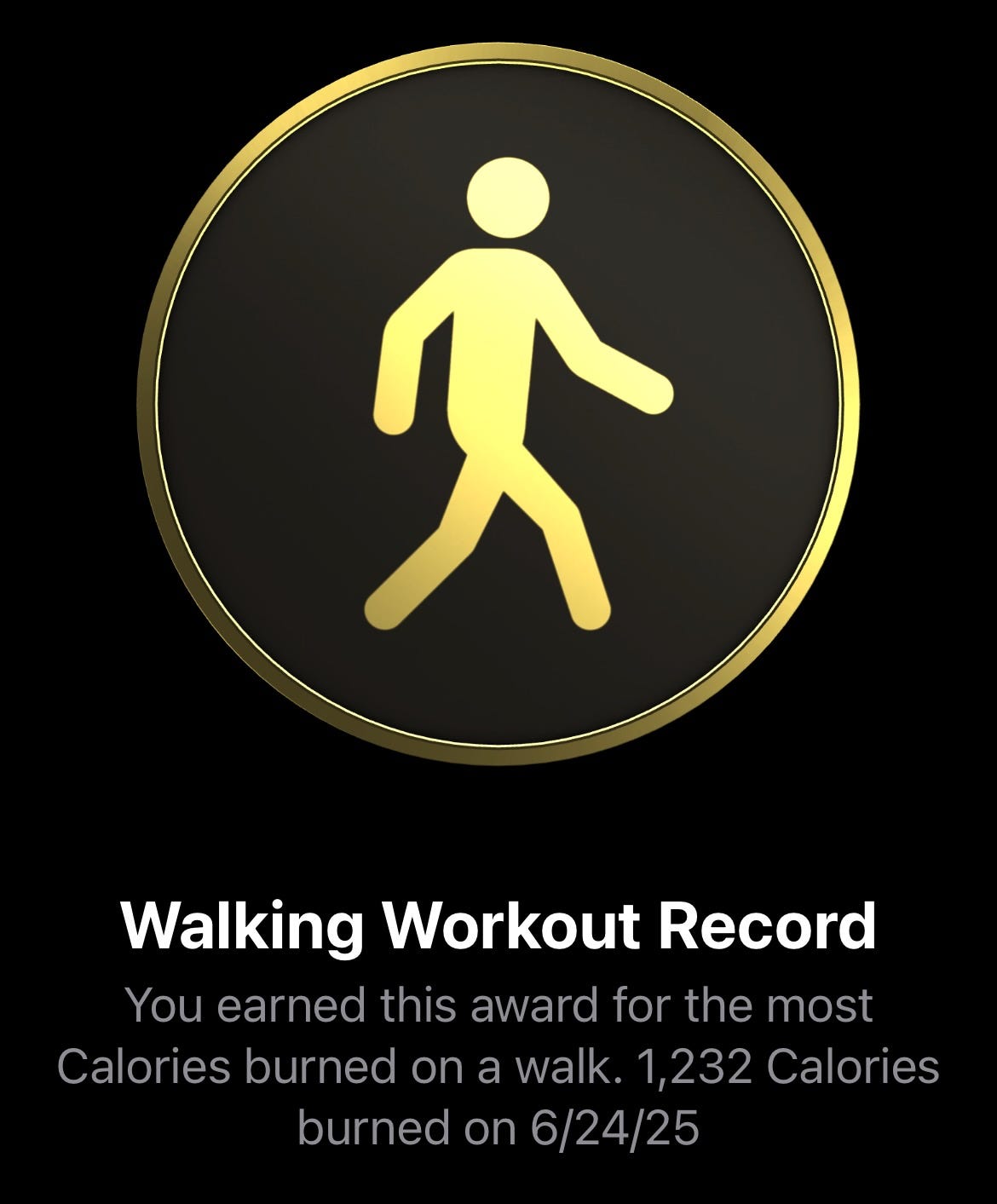
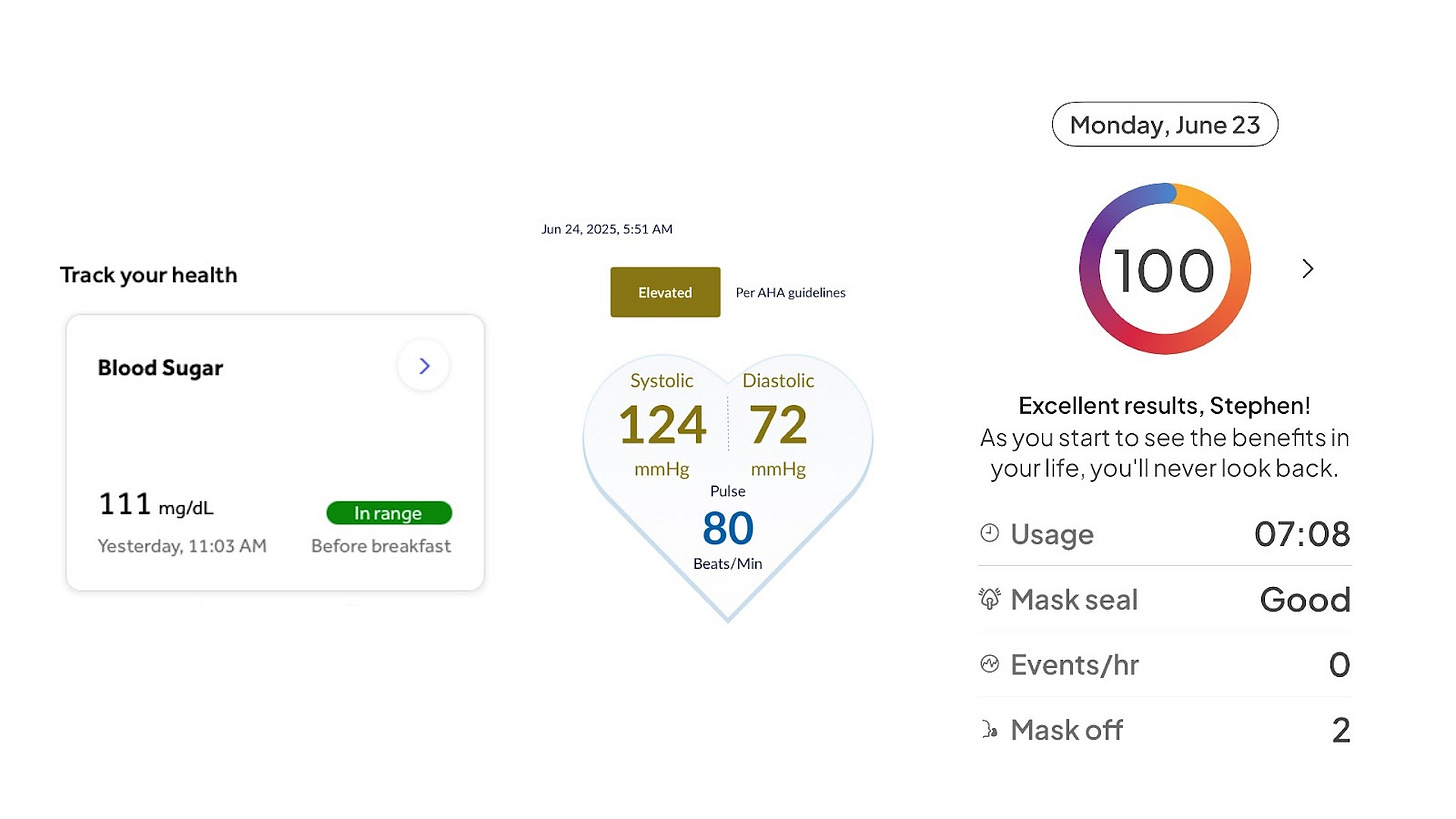
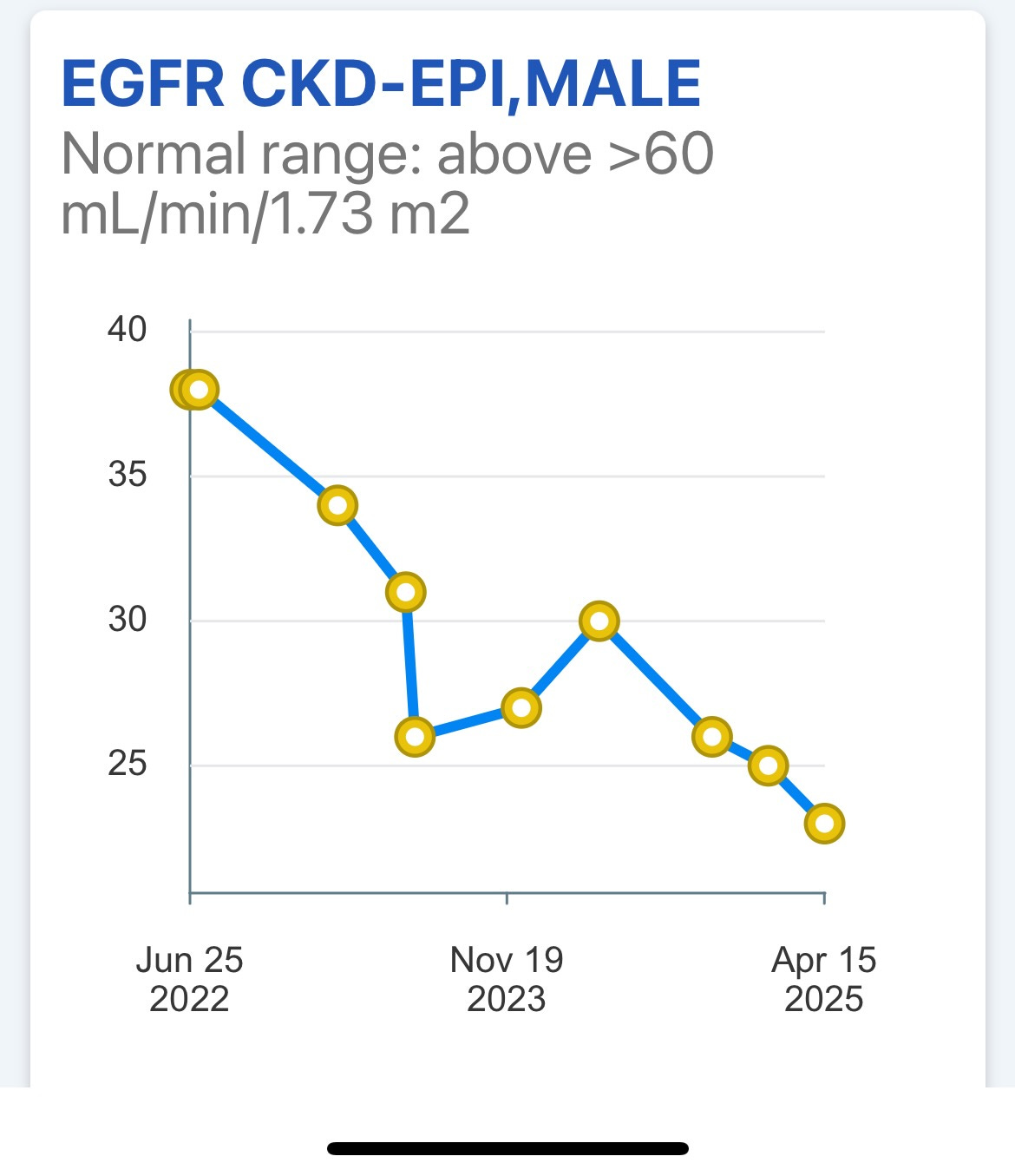
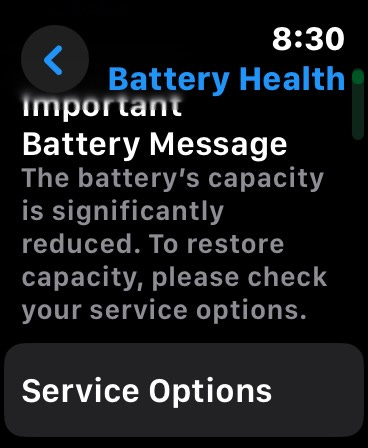
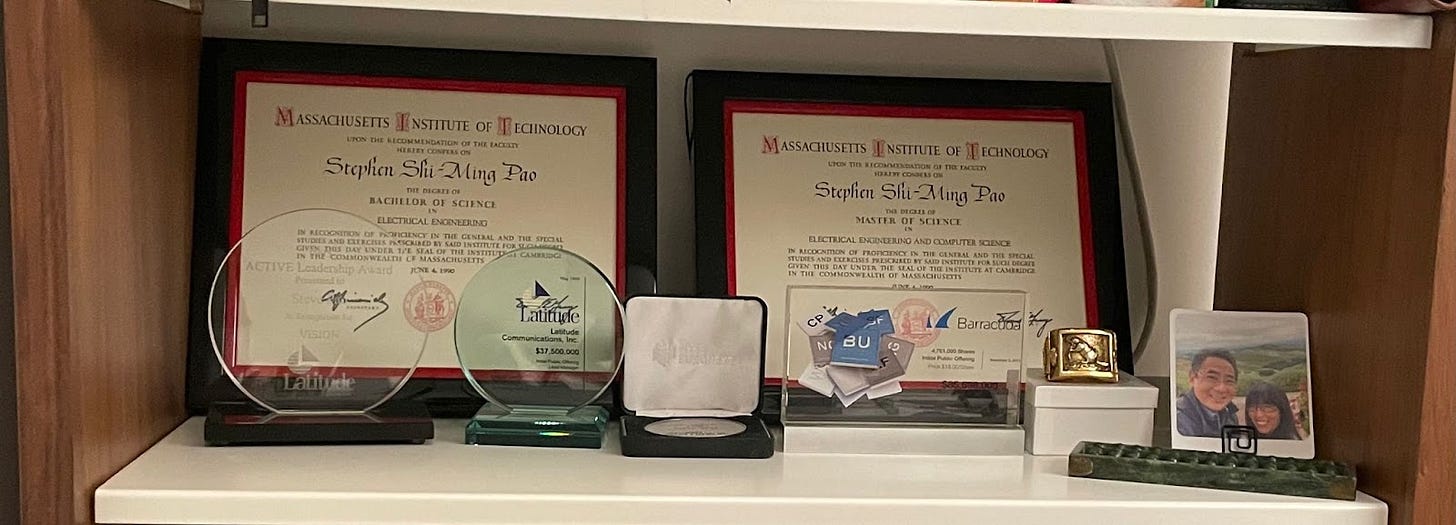
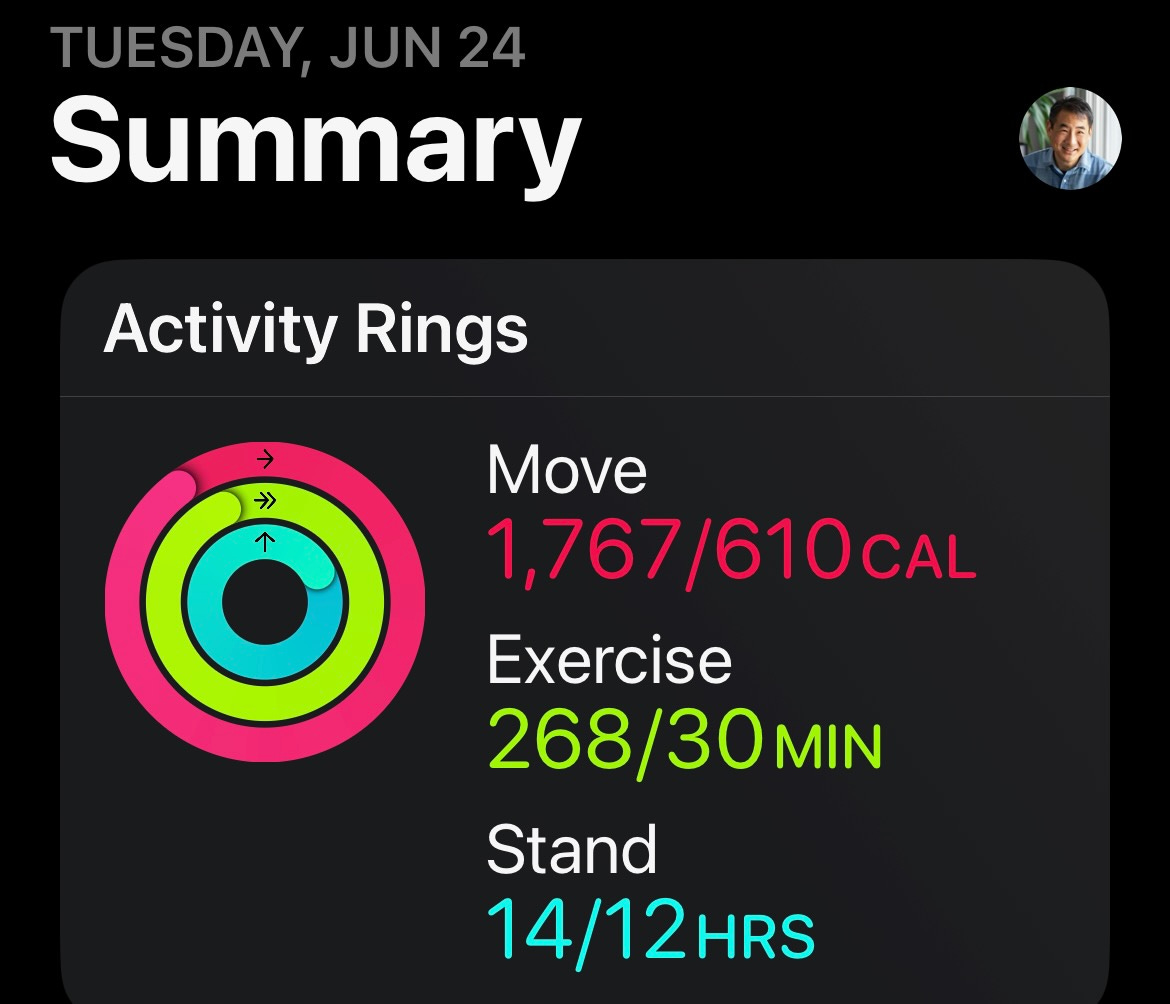

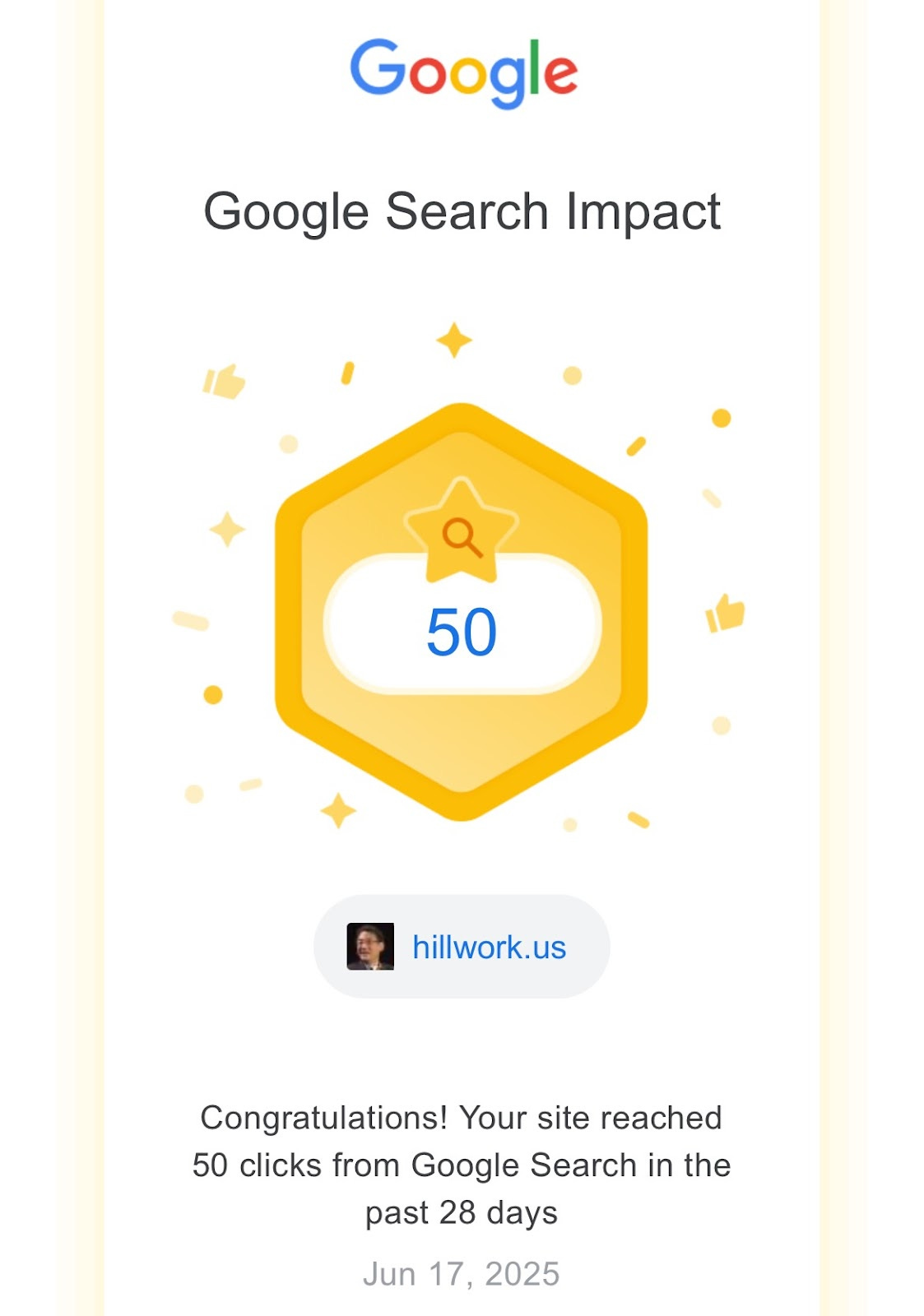


I doubt this is solely a capitalist mind set but rather a human mindset. Measurements existed long before capitalism was codified. (If it is truly that, I would love to see a reference that links all tracking, measuring and rewarding/punishing changes as purely related to an economic system. Clearly, some amount is tied to retention, ad viewing etc. But others are not.)
In fact, I think you make this point with sharing the Substack data. Your stated goal of this blog has been primarily around sharing your experiences and opening communication channels. While you have allowed for a subscription option, I do not see much behavior that is optimizing that angle. For example, I've seen on other sites where there is a lot of dangling of content from the paid side in front of non-paying viewers. You do not seem to be doing that. (Full disclosure: I am a paying subscriber so maybe I just don't see this since I already "bit.")
However, to achieve your stated goal of reaching people, processing retirement and sharing, the metrics are helpful in increasing that reach. Or at least they can be should you choose to use it that way.
The real question is how yours and others brains work. Goals are fun if you enjoy them. I have lots of running goals and tracking that I look at daily. There is no economic gain behind this - I just enjoy the numbers, finding new ways to upgrade my google spreadsheet tracjer, motivating me each day to get out there. And then since I do track these, I can enjoy my daily runs (and other workouts) for more time during the day beyond just the activity.
When I was in Japan the past two weeks, I always tracked our hikes and walks. I called it "getting credit," but it helped in other ways, having 2 little kids in tow. I knew how much longer/further we had, we could share our achievement and I got to add it to my Strava feed to share photos. During the trip, my son and daughter-in-law took an intense hike by themselves while Rebecca and I watched the little ones and then I took them to a Japanese Garden. None of those were tracked - the big kids don't do that. And the little kids experience would have been an interesting GPS track mess - here, there, everywhere and two times to the bathroom! So, it all depends on what is fun and when.
Like many things, this can become obsessions. People can get manic chasing Apple rings on their Watches. I used to sign up for the free monthly Strava mileage and elevation challenges. But I did not find them fun, there were too many cheaters so the leaderboards were useless, and my engagement in my running did not increase; I did them because I would anyway. So who cares? I still see the monthly invites in my feed, but I just ignore them.
The key - and I think this is at the heart of your posts - is to know oneself. Combine this with the courage to change habits that no longer work, or to invest in ones that work better for oneself one's family/community/etc. That in itself can turn into a goal but it doesn't have to lead to anything beyond personal satisfaction.
I was intrigued by you labeling the metrics mindset as “capitalist.” So what would the mindset look like if it were socialist, anarchist, communist..?
BTW - I agree that we spend too much time measuring things instead of enjoying them. Case in point - what bothers me most about my foot injury isn’t that I may lose the 135 mile hike I had planned for this summer. Rather, I am in despair that my daily step count has plummeted!